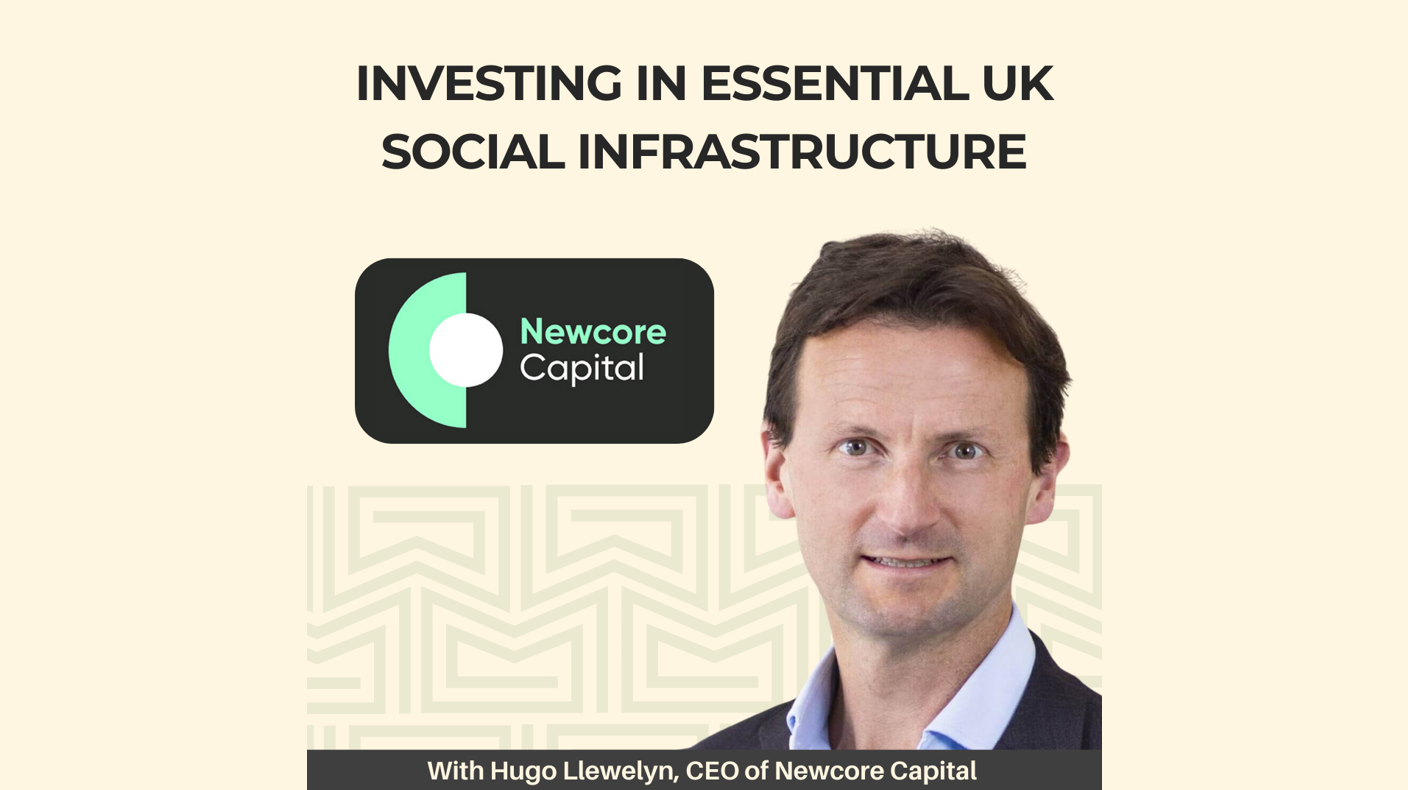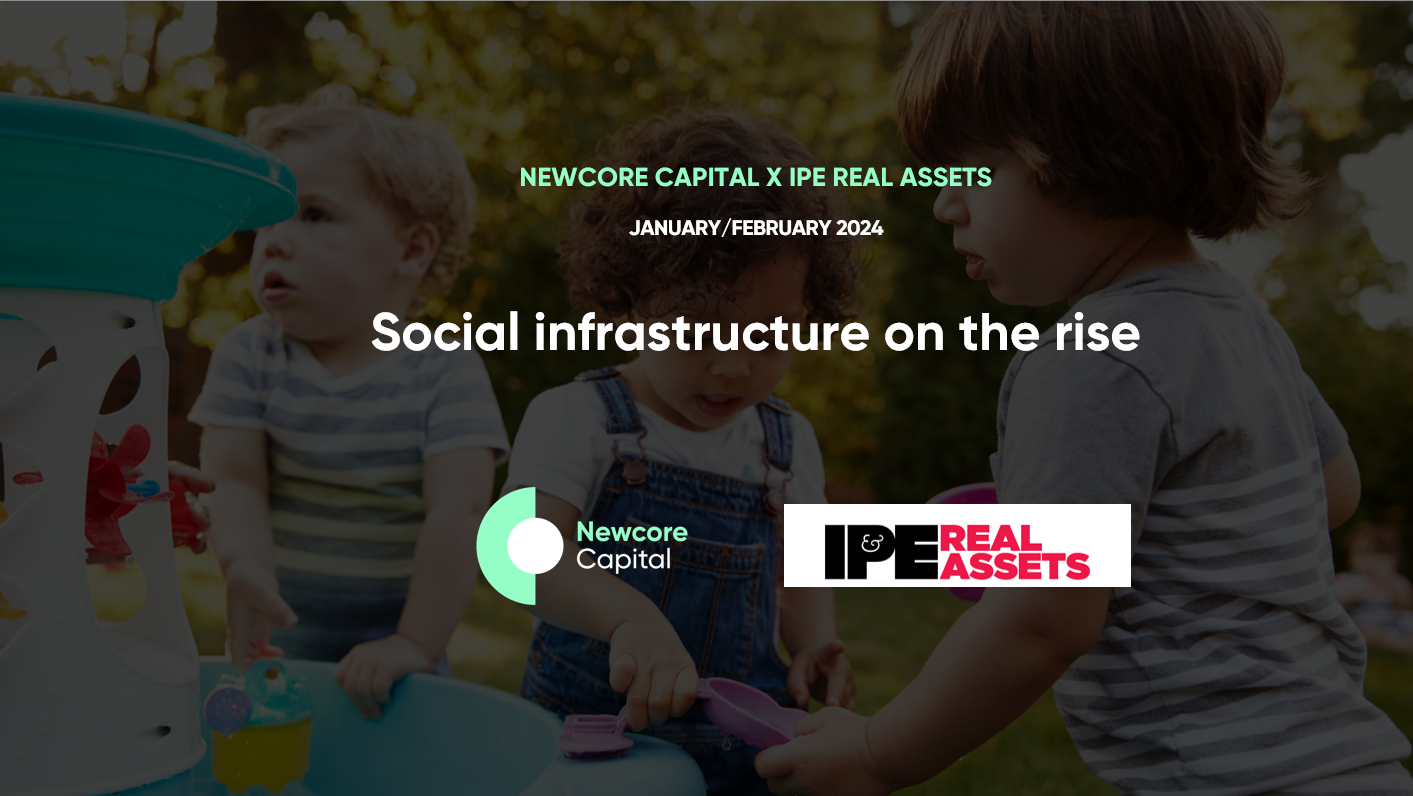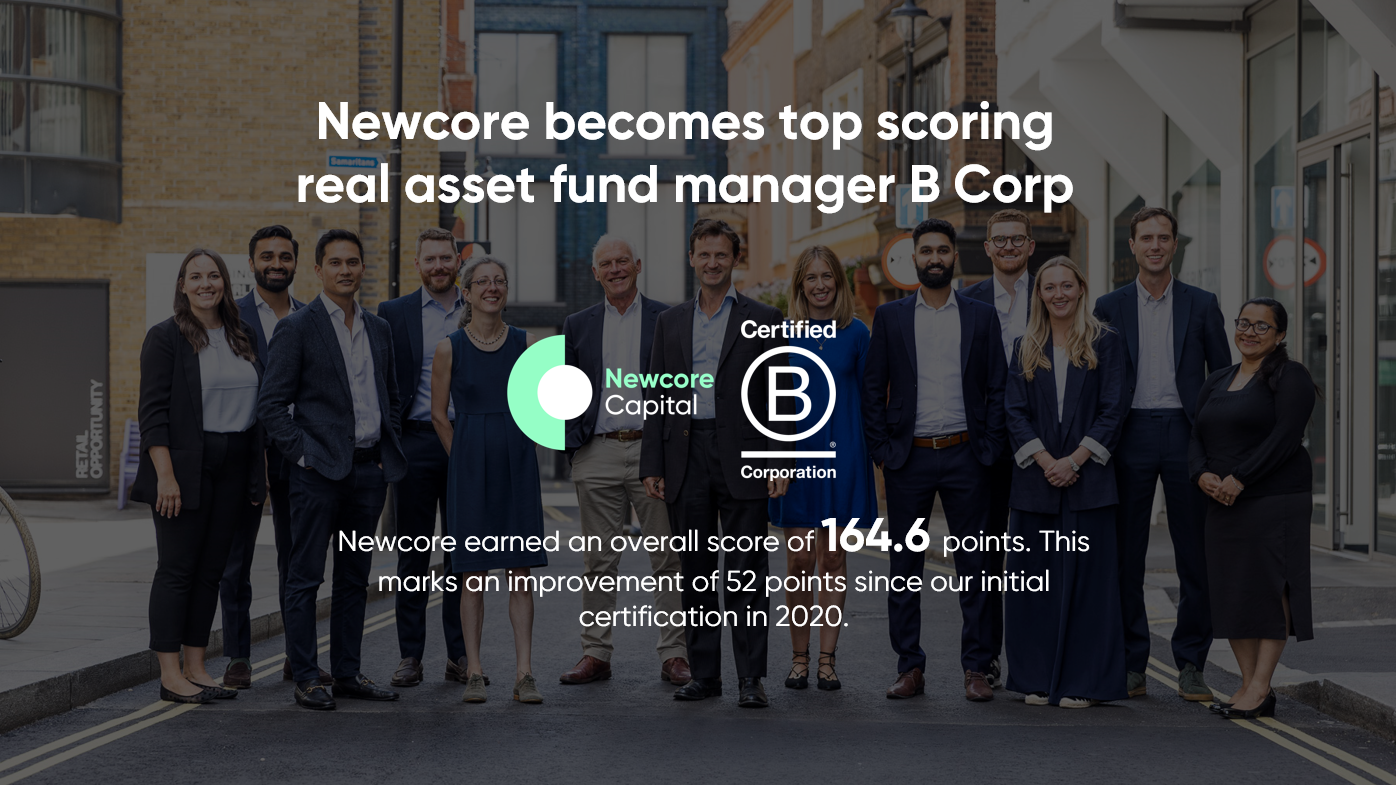Newcore acquires UK’s largest EV hub

category
Article, News
date
September 3, 2024
- UK social infrastructure specialist has acquired South Mimms motorway service area, home to the UK’s largest EV Hub
- The asset was acquired for Newcore’s latest value-add fund, Newcore Strategic Situations V (NSS V), which closed in May 2023 with £190m in equity commitments
- Notable investors into the fund include the Merseyside and Clwyd local government pension schemes
UK-focused social infrastructure real estate investment manager Newcore Capital (‘Newcore’) has acquired the investment long leasehold interest in the Welcome Break motorway service area (‘MSA’) at South Mimms, recognised as the UK’s largest EV Hub, for an undisclosed sum.
The 11-acre MSA occupies a key strategic location at the junction between M25 (J23) and A1 (M) that sees over 200,000 daily movements. The site features 70,000 sq ft across the amenity building, restaurants and hotel.
The property is let to Welcome Break until 2036 with passing rent of £1.6m per annum. The rent is structured as a ground rent and is subject to open market review in February 2026.
The asset was purchased on behalf of Newcore’s latest value-add fund, Newcore Strategic Situations V (‘NSS V’), which reached a final close at £190m of equity commitments in May last year and is still in the investment phase. Support for the fund included the Merseyside and Clwyd local government pension schemes. NSS V remains active in the market for MSA as well as other social infrastructure assets, including waste, open storage, healthcare and funeralcare.
Recent acquisitions include a short-leased 5.6-acre Tesco supermarket in the Bromley-by-Bow regeneration area, East London, and an NHS-backed GP surgery in Kent.
Harry Savory, CIO, Newcore Capital, said: “We are delighted to have purchased the service area at South Mimms for NSS V. It is a key strategic holding in UK transport infrastructure; it has a well-established trading position and is virtually unopposed from competition along the northern part of the M25. The site is uniquely positioned to capitalise on the transition towards EV and this will be key to delivering strong future performance”.
On behalf of NSS V, Newcore has also received planning consent for the redevelopment of the former-Royal Mail delivery office in Blackheath as a 120-place children’s nursery and 9 residential apartments in June 2024. The following month, Newcore completed the letting of a 25,000 sq ft school in Milton Keynes to Compass Schools, a national operator in children services, specialising in SEN schools, fostering and residential care.
Hugo Llewelyn, CEO, Newcore Capital, said: “The acquisition of South Mimms MSA follows an active summer for our latest value-add vehicle, with planning consent secured for new childcare provision and residential accommodation, as well as a leasing agreement for a specialist education provider. One of the additional benefits of investing in social infrastructure-related real estate is the positive impact our assets can have, whether that is supporting the decarbonisation of our transport system or providing much needed childcare or educational services.”













